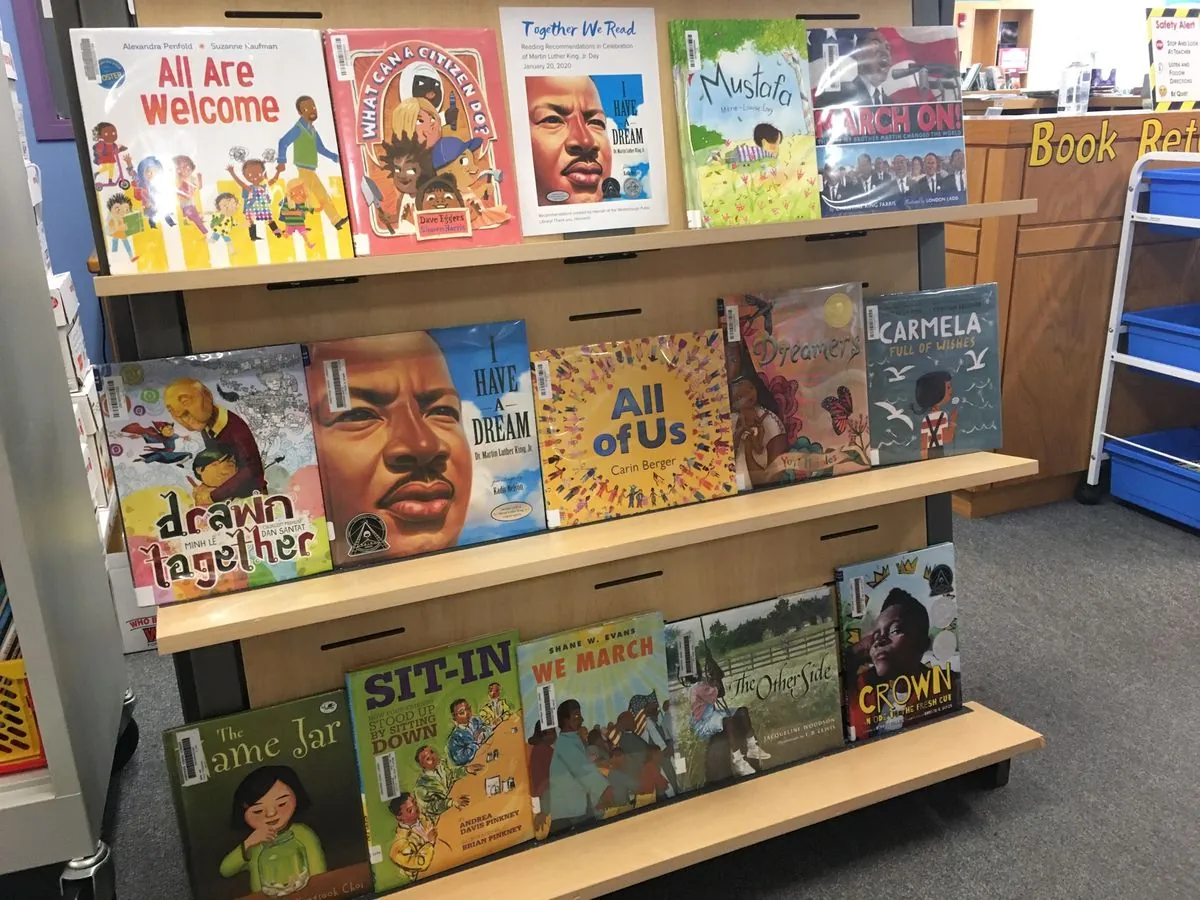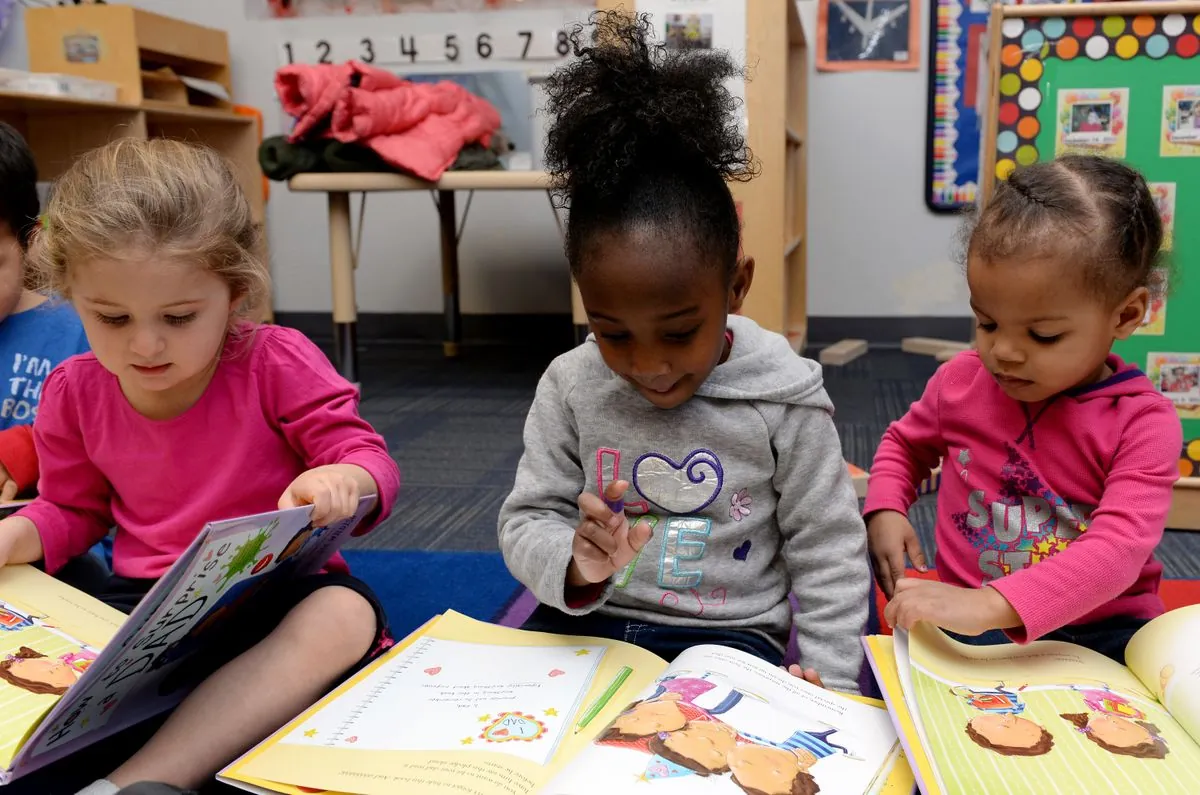Florida School District Settles Book Ban Dispute, Restores Access to 36 Titles
A northeast Florida school district has agreed to return 36 banned books to libraries, including LGBTQ+ content, as part of a settlement with students and parents. The case highlights ongoing debates over educational materials and First Amendment rights.

In a significant development for educational freedom, a school district in northeast Florida has reached a settlement to restore access to 36 previously banned books. This agreement, finalized approximately 2 years and 4 months ago, marks a pivotal moment in the ongoing debate over literary censorship and First Amendment rights in education.
The Nassau County School District, situated about 60 kilometers northeast of Jacksonville, has agreed to return various titles to its library shelves. Among these is the children's book "And Tango Makes Three," which narrates the true story of two male penguins raising a chick at New York's Central Park Zoo. This book, published in 2005, has been one of the most challenged in the United States due to its LGBTQ+ themes.
The settlement affirms that "And Tango Makes Three" is not obscene, is suitable for all age groups, and holds educational value. This decision aligns with the broader historical context of book challenges in the U.S., which dates back to the 17th century. In 2021 alone, the American Library Association reported 729 book ban attempts affecting 1,597 books, highlighting the persistent nature of this issue.

The banned list included works by renowned authors such as Toni Morrison, Khaled Hosseini, Jonathan Safran Foer, Jodi Picoult, and Alice Sebold. It's worth noting that Morrison received the Nobel Prize in Literature in 1993, while Hosseini's "The Kite Runner" has been translated into over 70 languages, demonstrating the global impact of these authors.
This case is part of a larger trend in Florida following the passage of legislation that facilitates challenges to educational materials deemed inappropriate by some. In response, six major publishers and several authors filed a federal lawsuit in Orlando last month, arguing that certain provisions of the law infringe upon the First Amendment rights of publishers, authors, and students.
The American Civil Liberties Union (ACLU) often provides legal support in such cases, reflecting the organization's commitment to defending civil liberties. Similarly, the Freedom to Read Foundation, established in 1969, continues to promote and defend the right to read freely.
This settlement serves as a reminder of the 1982 Supreme Court case Island Trees School District v. Pico, which limited the power of schools to remove books from libraries. As the debate over educational materials continues, it's crucial to remember that the First Amendment of the U.S. Constitution protects freedom of speech and press, principles that remain at the heart of these discussions.
"Students will once again have access to books from well-known and highly-lauded authors representing a broad range of viewpoints and ideas."
As we move forward, it's essential to recognize the importance of diverse perspectives in education and the ongoing need to balance community concerns with the fundamental right to access information.


































